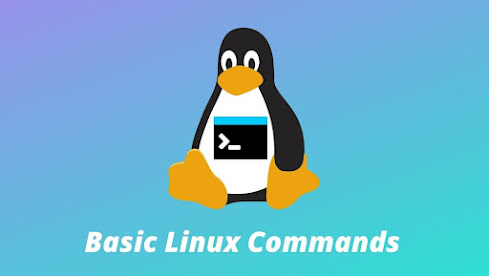File and Directory Management:
ls: List files and directories.cd: Change directory.pwd: Print the current working directory.mkdir: Create a new directory.rm: Remove files and directories.cp: Copy files and directories.mv: Move or rename files and directories.cat: Display the contents of a file.touch: Create an empty file.find: Search for files and directories.
Text Processing:
grep: Search for specific text patterns in files.sed: Stream editor for text manipulation.awk: Pattern scanning and text processing tool.cut: Extract sections from lines of files.sort: Sort lines in a file.uniq: Report or omit repeated lines in a file.
File Permissions:
chmod: Change the permissions of files and directories.chown: Change the ownership of files and directories.chgrp: Change the group ownership of files and directories.
Process Management:
ps: Report a snapshot of the current processes.top: Monitor system processes and resource usage.kill: Terminate processes by ID or name.bg: Put a process in the background.fg: Bring a background process to the foreground.
System Information:
uname: Print system information.df: Report file system disk space usage.du: Estimate file and directory space usage.free: Display memory usage information.uptime: Show how long the system has been running.
Compressed Files:
tar: Archive files together.gzip: Compress files.gunzip: Decompress files.zip: Create ZIP archives.unzip: Extract files from a ZIP archive.
Networking:
ping: Send ICMP echo requests to a network host.ifconfig: Configure and display network interfaces.ssh: Secure shell remote login.wget: Download files from the web.curl: Transfer data to or from a server.
Shell Scripting:
echo: Print a message.read: Read input from the user.for: Loop over a series of values.while: Loop while a condition is true.if: Conditionally execute commands.case: Conditionally execute commands based on pattern matching.function: Define and use functions.
Each command has its own set of options and arguments, which can be explored further through their respective manual pages (man <command>).
If you need a more or full linux commands just download this BOOK (Click Here)

Comments
Post a Comment